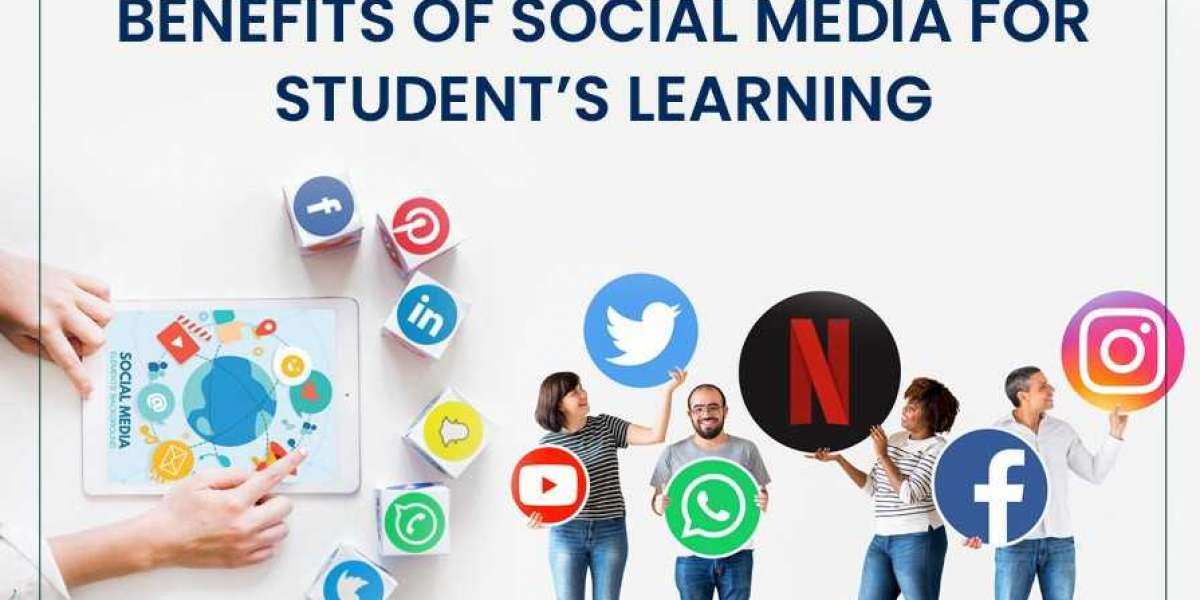In today's digital age, marketing instructors have a plethora of media platforms to choose from to enhance their teaching methods. These platforms provide unique and interactive ways to engage students, promote learning and build a sense of community within the classroom.
One popular media platform is social media. Social media platforms like Twitter, Instagram, and LinkedIn are used by marketers to promote products and services. However, they can also be used by marketing instructors to teach students about social media marketing, advertising and branding. For example, instructors can assign students to create a social media campaign for a hypothetical product or service, requiring them to analyze audience demographics, create visual content and monitor engagement.
Another popular media platform is podcasts. Podcasts are audio recordings that can be downloaded or streamed online. They are popular because they allow users to consume content while multitasking, such as during a commute, workout, or household chores. Marketing instructors can create podcasts that feature guest speakers, case studies or debates on marketing topics. Students can then be assigned to listen to the podcast and submit a reflection paper on what they have learned.
Video-based platforms such as YouTube and Vimeo can also be used as teaching tools. Instructors can create and upload their own video content, or curate existing videos that are relevant to marketing topics. These videos can feature interviews with marketing professionals, product demonstrations or marketing campaigns that have been successful or unsuccessful.
Virtual reality (VR) is another media platform that can be used in marketing education. With VR technology, instructors can create virtual simulations of marketing scenarios. For example, students can be immersed in a virtual store environment where they can test their knowledge of consumer behavior and retail marketing tactics. This technology can provide a unique and engaging learning experience for students, allowing them to practice skills in a realistic environment without the risks associated with real-world experiments.
Finally, webinars and online courses have become increasingly popular media platforms for marketing education. Instructors can create and deliver webinars that teach marketing strategies, tactics and techniques. Online courses, on the other hand, are more comprehensive and structured, offering in-depth knowledge and practical exercises. These courses can be delivered via learning management systems (LMS) like Blackboard or Canvas.
In conclusion, marketing instructors have a wide range of media platforms at their disposal to enhance their teaching methods. Social media, podcasts, video-based platforms, virtual reality, webinars and online courses are just a few examples. By incorporating these platforms into their curricula, instructors can promote active and engaged learning, as well as prepare their students for the ever-evolving digital landscape of marketing.




Esther Chikwendu 3 w
Nice